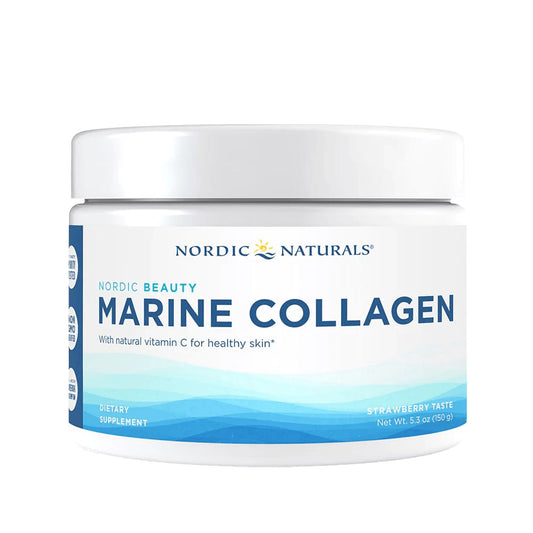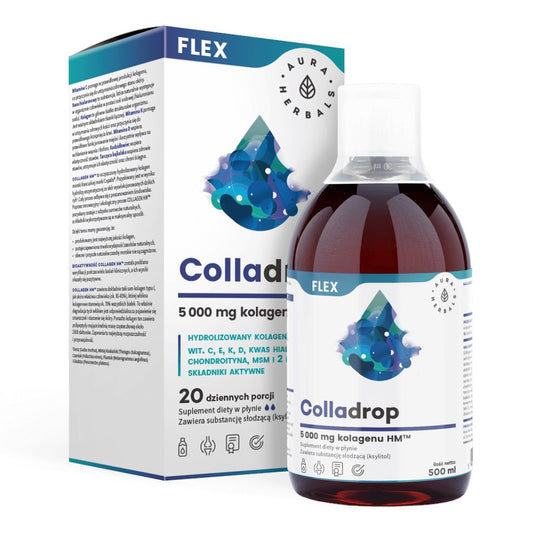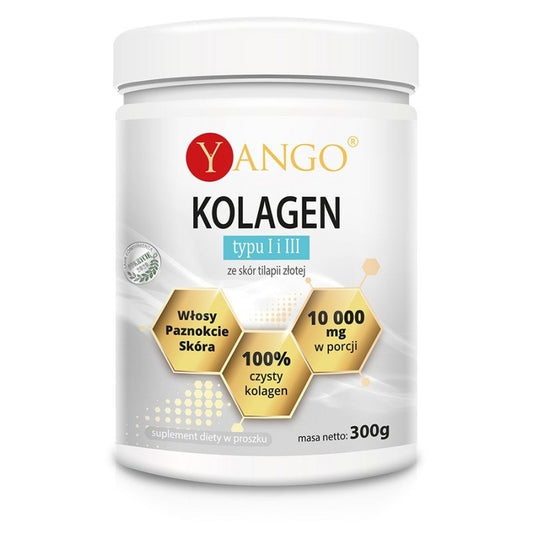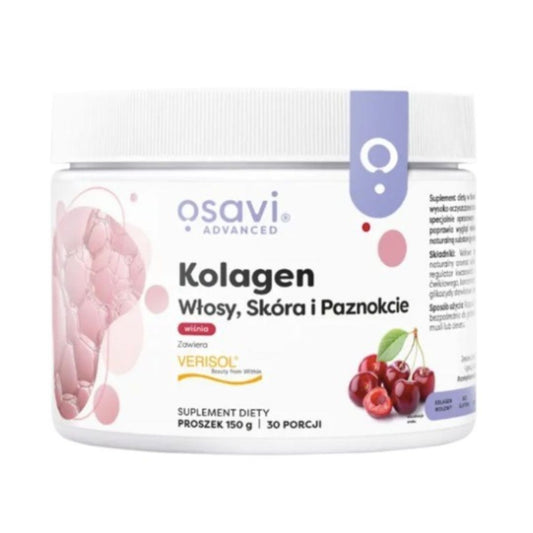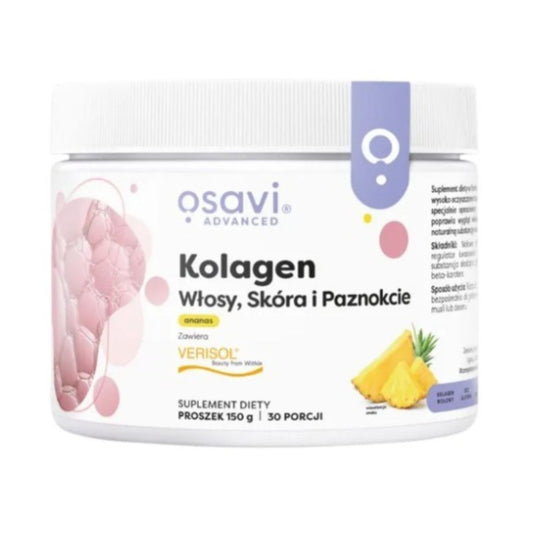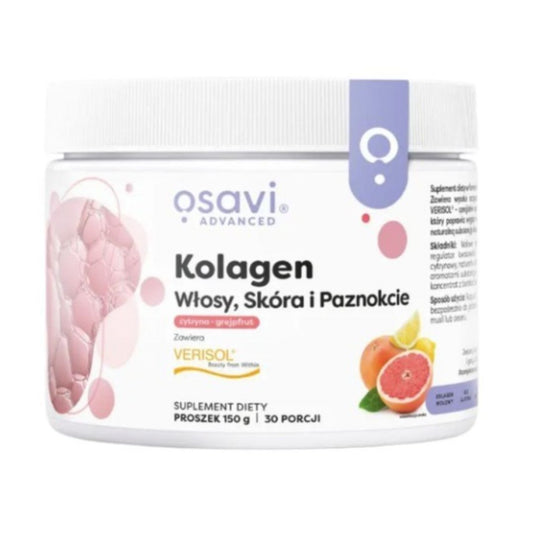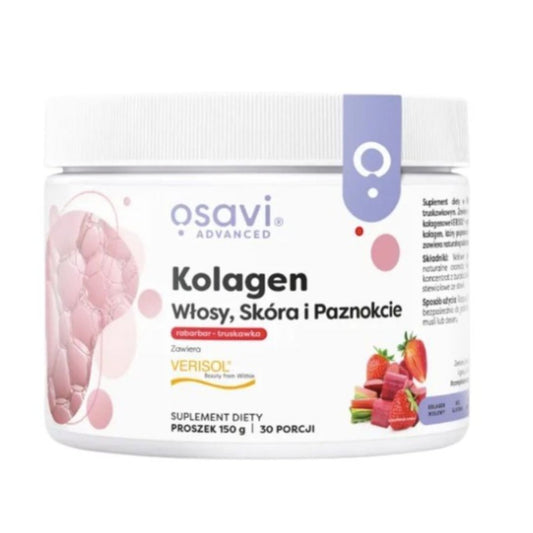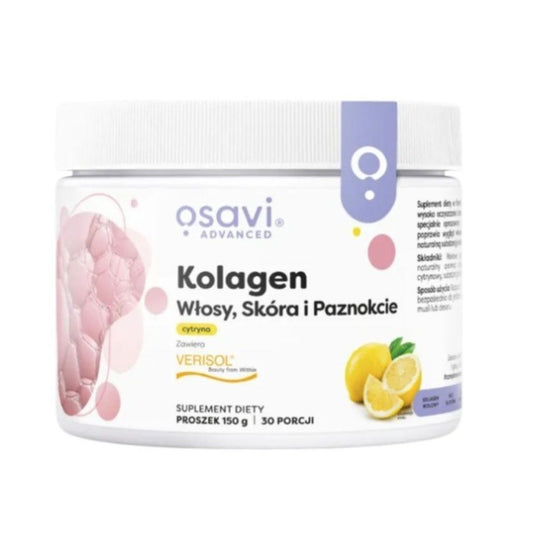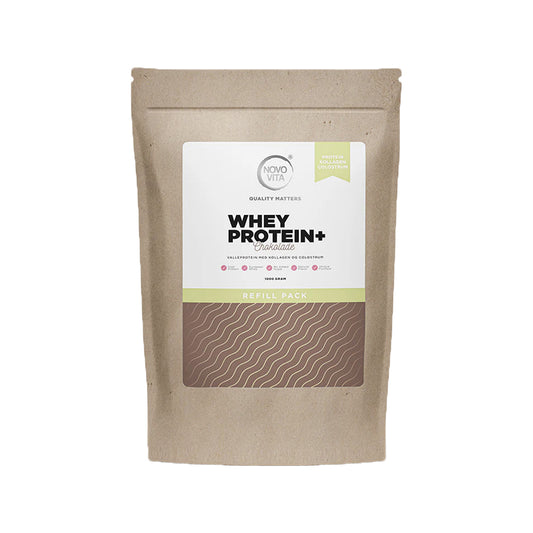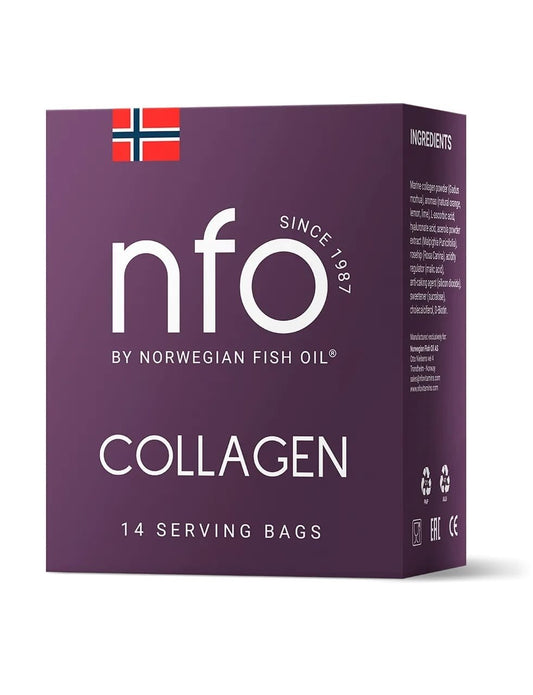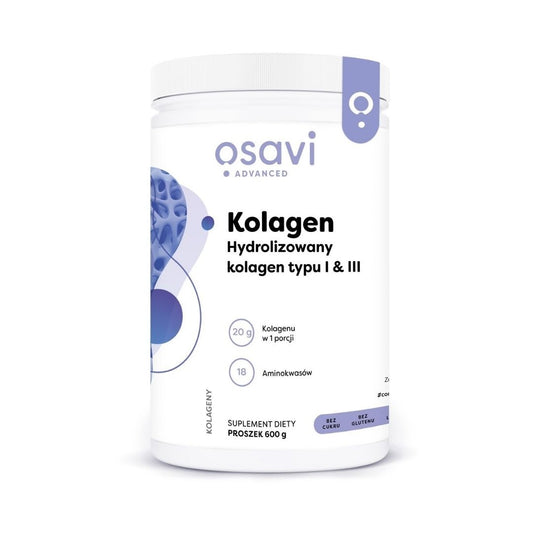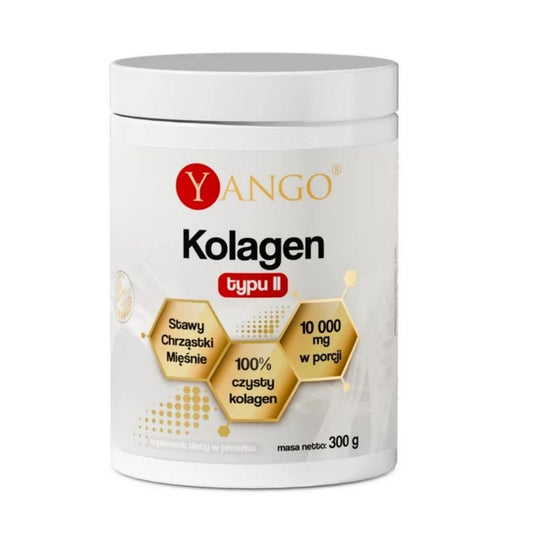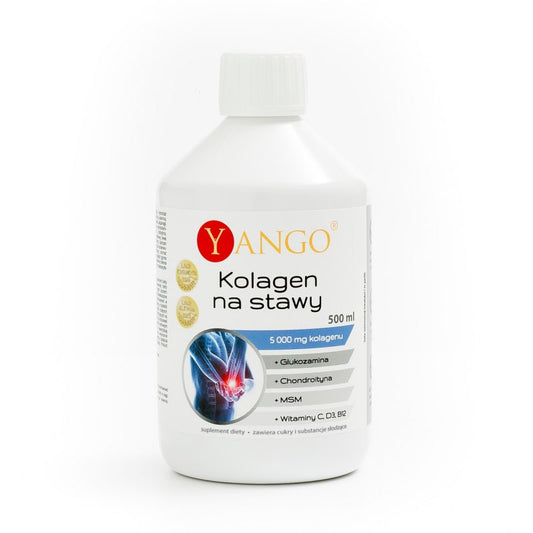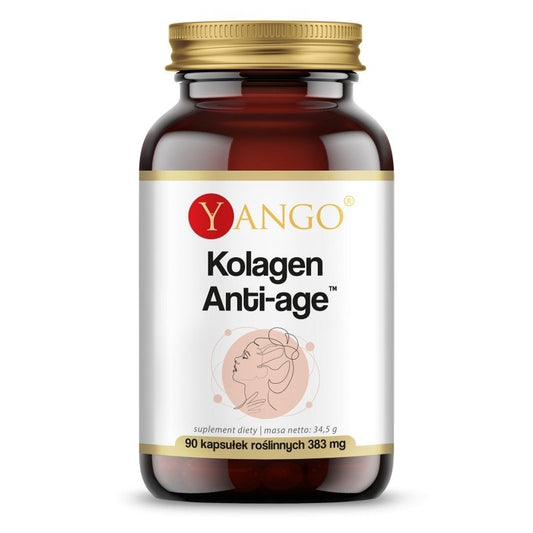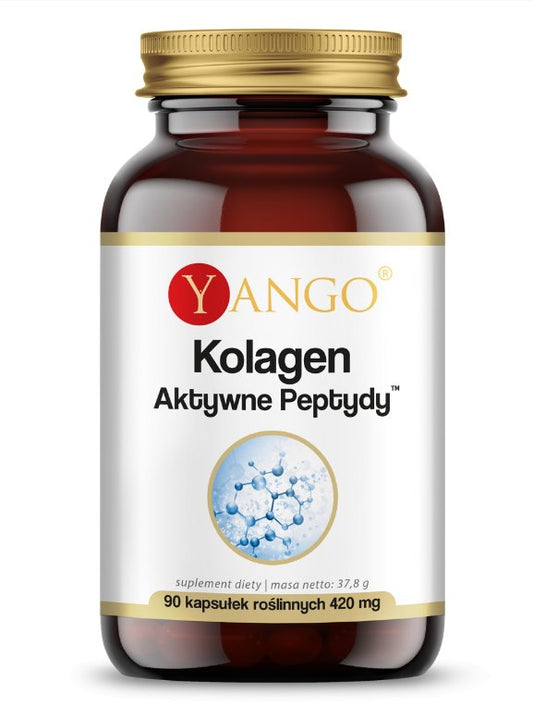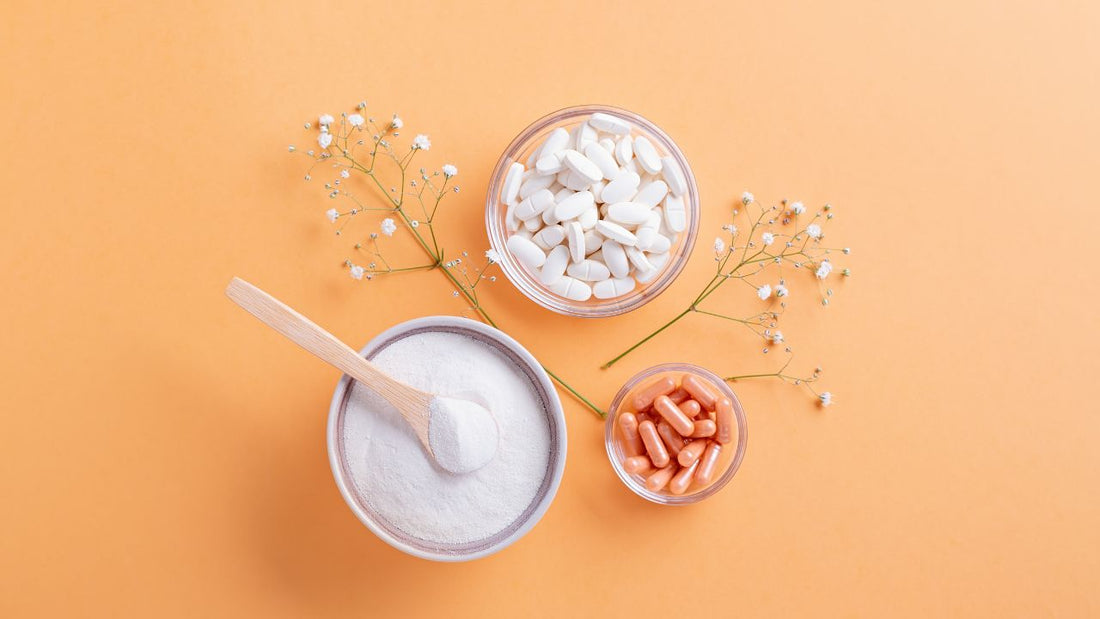
Everything you need to know about collagen
Share
What is collagen?
Collagen is a protein that makes up about 30% of the body's proteins. It gives tissues strength and flexibility. Collagen is especially found in the following parts of the body:
- Skin – Collagen helps keep the skin elastic and smooth.
- Joints and cartilage – Acts as a lubricant for joints and a building material for cartilage.
- Bones – Helps maintain bone strength and flexibility.
- Muscles – Supports muscle structure and endurance.
- Hair and nails – Strengthens hair and nails, promoting their growth.
Different types of collagen and their significance
There are several different types of collagen, the most important of which are:
- Type I collagen – The most common in the body, forms skin, bone, and tendon material. Most often used in supplements and beauty products.
- Type II collagen – Central to the health of cartilage and joints.
Helps maintain joint mobility and prevent symptoms of joint pain. Commonly used in products aimed at athletes and those suffering from joint problems.
- Type III collagen – Found especially in blood vessels and adipose tissue, supports tissue elasticity. Useful in maintaining general body well-being.
- Type IV and V collagen – Important for the renewal of cartilage, bones, and tissues. Found in the deeper layers of the skin and in cell membrane structures.
Less known, but still important for the overall functioning of the body.
Why is collagen intake as a supplement important?
Collagen production begins to slow down after the age of 25, and its decline with age can cause various signs of aging, such as:
- Wrinkling and sagging of the skin
- Joint wear and pain
- Deterioration of hair and nails
- Bone fragility
Collagen supplements can help slow these changes and support the body's structures. Studies show that consuming hydrolyzed collagen can improve skin elasticity and moisture balance as well as enhance joint mobility.
Is there plant-based collagen?
Collagen is an animal-derived ingredient, so it is not available from plants. There are products on the market that boost the body's own collagen production without containing any animal-derived collagen. However, the effectiveness of these products is relatively small and relies on the body's ability to produce collagen itself. This ability naturally declines with age. Such preparations are an alternative if you do not want to use animal-derived collagen products.
Beneficial combinations: Collagen and other nutrients
To ensure collagen is absorbed and benefits the body in the best possible way, it should be combined with the following nutrients:
- Vitamin C – Promotes the natural formation of collagen.
- Hyaluronic acid – Helps retain moisture in the skin and joints.
- Zinc and copper – Support the health of skin and hair.
- Amino acids (glycine and proline) – Building blocks of collagen that help the body produce its own collagen.
Choosing and Using Collagen Supplements
When choosing a collagen supplement, pay attention to the following points:
- Hydrolyzed collagen is absorbed best.
- Bovine collagen is a common choice for supporting skin and joints.
- Marine collagen is absorbed effectively and especially supports skin well-being.
- Collagen products designed for joints often contain type II collagen.
A collagen supplement can be taken, for example, as a powder, capsules, or drink according to personal preferences. There are many types of products on the market. The recommended dose varies and it is advisable to check the usage instructions for each product. Generally, collagen products are recommended to be used for a longer period and regularly to get the best benefit.
Frequently asked questions about collagen
1. How quickly does a collagen supplement work?
Effects typically appear after 4–8 weeks of use, but results vary individually.
2. Can collagen be obtained from food?
Collagen can be found, for example, in bone broth and gelatin, but supplements are the most effective way to increase its intake.
3. Is collagen safe?
Collagen supplements are generally well tolerated, but it is recommended to choose high-quality products without unnecessary additives.
IN SUMMARY
Collagen is an essential protein for the body that supports the well-being of the skin, joints, bones, and muscles. Since its natural production decreases with age, supplements can help maintain the body's health and functionality. When choosing collagen products, it is important to consider their quality and combination with other essential nutrients, such as vitamin C and hyaluronic acid, to maximize their benefits. A collagen supplement can be a valuable addition to the daily routine of anyone aiming for well-being.

